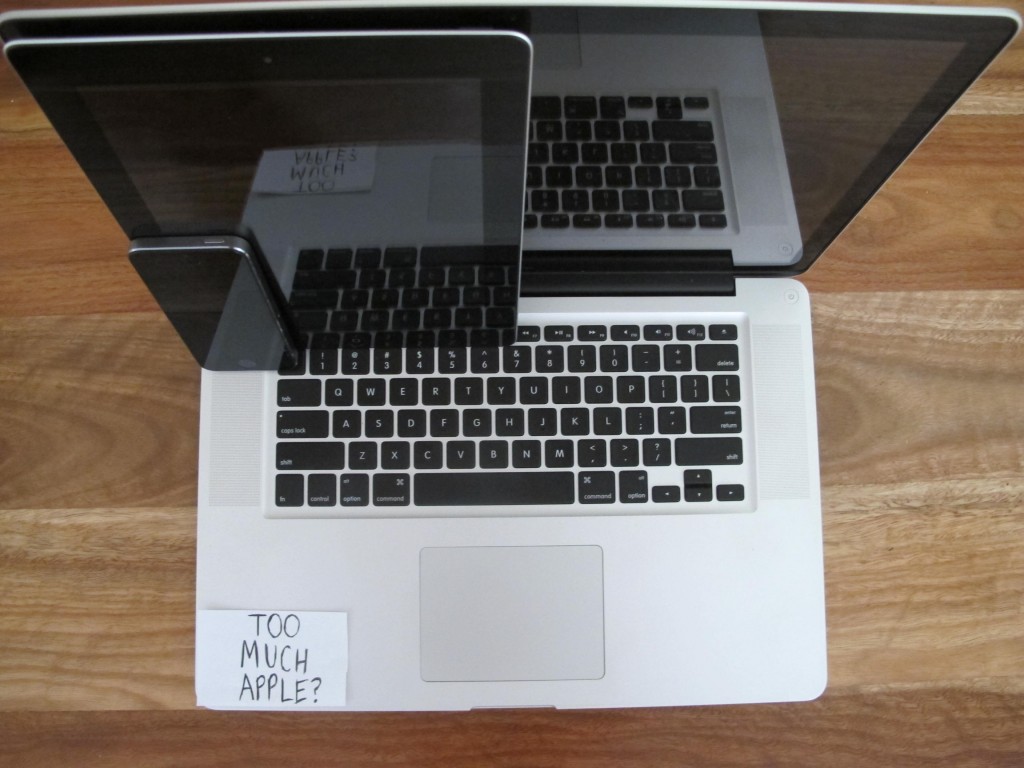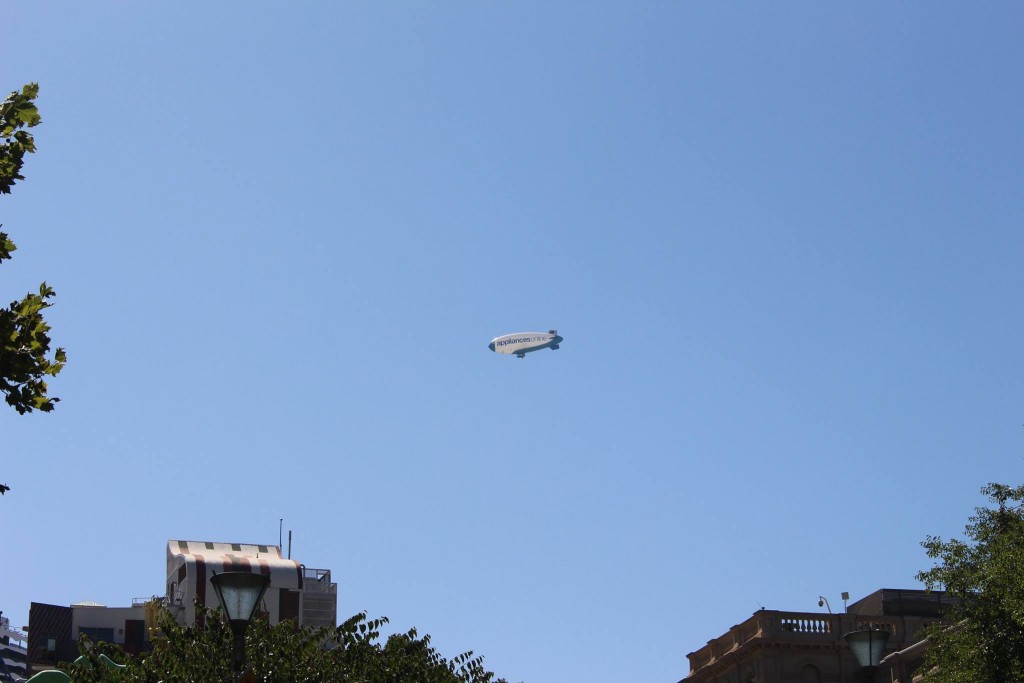So here it is. The one and only Project Brief Two. I wanted to communicate some of the basic parts about me, and I feel that this video somewhat communicates that I’m easy going, like music and movies, just to name a few things about myself. I felt like I learnt a fair bit about editing through this project, but I realise that it’s not perfect.
In my voiceover, I wanted to achieve an epic feel through a deep voice and slow pitched dialogue, but I realise now that at some points it feels washed out from the music. Also, I recorded it on a headphone microphone so the quality wasn’t near what I wanted. I also recorded the music for this assignment to also try to give an epic feel, but again I’m not the most technologically advanced so it’s mixing isn’t as great as it could’ve been. But now you all know the type of music that I like to play so thats nice…
Another issue that came up was the pacing (and having things perfectly synced). To achieve one minute I felt that I had to stretch out the video’s of my guitars, which may feel jolted and not exactly fitting perfectly. The audio overall wasn’t perfect, but either way, it’s a good way to learn I think.
In the end I wanted to create an easy going video which shows just a small bit of who I am. My attempt to make an ‘epic-ish’ trailer shows me, I think it’s sort of funny when things are over the top for no good reason. I feel like the ‘random’ tone of the video demonstrates me to an extent, I can make no sense a lot of the time. For instance the ending I made purposefully contrasting between fast paced images/text and building music with the ambience of QV markets. It’s fair to say that it’s challenging to capture small bits of yourself and communicate that properly, but at least it’s over now. But all in all, at least you know I’m weird.





